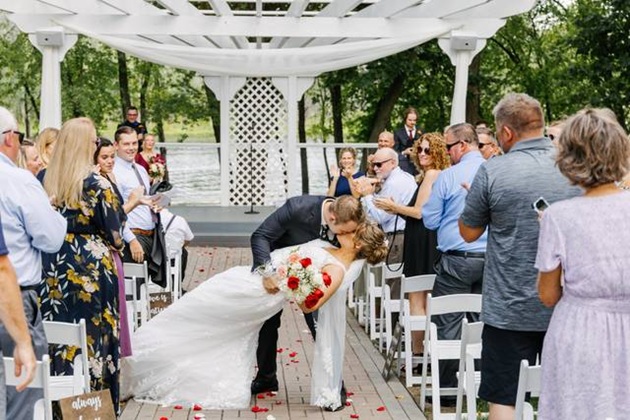Planning a wedding involves several steps, and organizing them over time can make the process more manageable. A structured timeline helps couples keep track of important tasks and reduces last-minute stress. This guide provides a month-by-month approach for those who want to start planning a wedding with confidence.
12-10 Months Before the Wedding
Begin by setting a budget and estimating the size of your guest list. Selecting a date and booking your venue should come next, as popular locations can fill up quickly. At this stage, you can also research wedding vendors, including photographers, caterers, and florists. Early decisions about style, theme, or color palette can guide your vendor choices and prevent conflicts later.
9-7 Months Before the Wedding
This period is ideal for choosing your bridal party and starting dress or suit fittings. Booking key vendors such as the photographer, videographer, and entertainment should be done now. Couples should also consider engagement photos and begin compiling a list of guests for invitations. Scheduling pre-marital counseling or planning any legal requirements, such as marriage licenses, should be factored in at this stage.
6-4 Months Before the Wedding
Now is the time to finalize details like catering menus, floral arrangements, and décor. If you plan to have a wedding registry, set it up during this window. Booking accommodations for out-of-town guests and arranging transportation should also be addressed. Dress fittings continue, and any alterations should be planned to allow time for adjustments.
3-2 Months Before the Wedding
Invitations should be sent to guests, and RSVPs tracked carefully. Confirm final details with vendors, including timelines and special requests. Plan the rehearsal dinner and coordinate schedules for the bridal party. This period is also a good time to organize hair and makeup trials and finalize the wedding day schedule.
1 Month Before the Wedding
Confirm all bookings and review contracts with vendors. Prepare payments and tips, and organize emergency kits for the wedding day. Couples should review the guest list one final time and create a seating plan if necessary.
2 Weeks to the Wedding Day
Follow up on RSVPs, complete any last-minute dress or suit fittings, and pack for the honeymoon. Communicate final instructions to vendors and the wedding party. Rehearse key moments to make the day run smoothly.
Wedding Day
With proper planning, the wedding day can be enjoyed fully without unnecessary stress. Focus on the ceremony, celebration, and spending time with family and friends.
By following this month-by-month guide, couples can manage their time effectively and avoid last-minute challenges. Couples who start planning a wedding early often find that each stage progresses more smoothly, creating a positive experience from the first decision to the final celebration.


